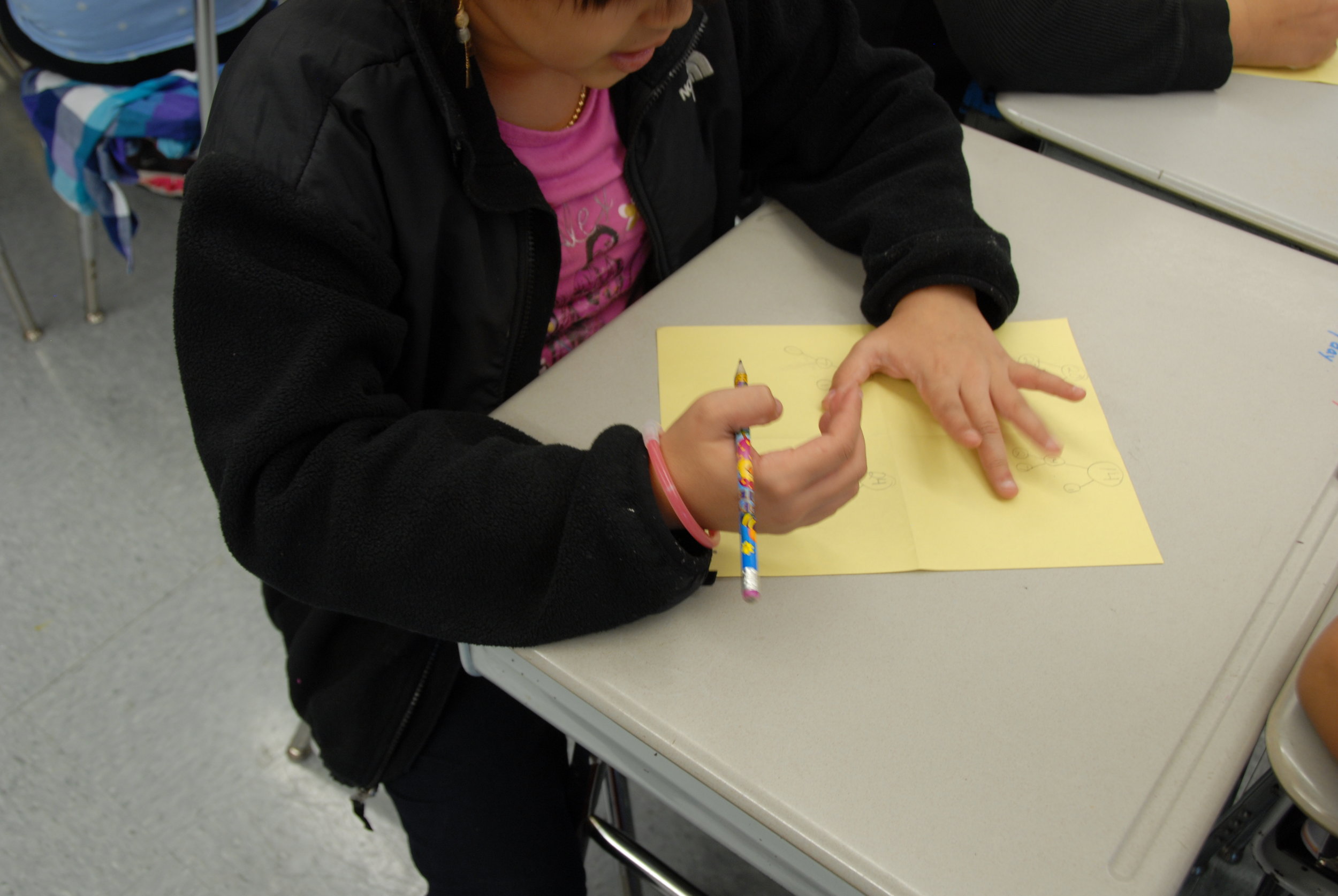A Technology Dilemma
 Sometimes what appears to be an inventive solution to a time-consuming problem slips into place without the thorough scrutiny that it needs. Enter Exhibit 1: ClassDojo.ClassDojo is an application which, according to the application website, "connects teachers with parents and students to build amazing classroom communities." Who wouldn't want to do that? As an educator, I know that the success of my students was always connected to open dialog and understanding between teacher, student, and home. This could be an effective and time-efficient way to do so.ClassDojo is free for teachers and seems to be cross-platform and useable on several devices. It allows a teacher to give a virtual high-five to students for a number of categories, allows for behavior monitoring and feedback to parents who also sign up, and allows students to post work to the a portfolio. All of this sounds like a dream come true to those of us who kept records in folders and stick-on notes. The skeptic in me knows there is no such thing as a free lunch and wants to know how the company is going to monetize this.However, in this article from the New York Times, there is much to consider when thinking about privacy of student data. In addition to concerns about using the program in a way that publicly shames a student for behavior missteps, there is in my opinion, a larger issue. Where is the students' data being shared and with whom? Do school districts have a clear policy for individual data being collected and then stored in the cloud or other internet based technology.
Sometimes what appears to be an inventive solution to a time-consuming problem slips into place without the thorough scrutiny that it needs. Enter Exhibit 1: ClassDojo.ClassDojo is an application which, according to the application website, "connects teachers with parents and students to build amazing classroom communities." Who wouldn't want to do that? As an educator, I know that the success of my students was always connected to open dialog and understanding between teacher, student, and home. This could be an effective and time-efficient way to do so.ClassDojo is free for teachers and seems to be cross-platform and useable on several devices. It allows a teacher to give a virtual high-five to students for a number of categories, allows for behavior monitoring and feedback to parents who also sign up, and allows students to post work to the a portfolio. All of this sounds like a dream come true to those of us who kept records in folders and stick-on notes. The skeptic in me knows there is no such thing as a free lunch and wants to know how the company is going to monetize this.However, in this article from the New York Times, there is much to consider when thinking about privacy of student data. In addition to concerns about using the program in a way that publicly shames a student for behavior missteps, there is in my opinion, a larger issue. Where is the students' data being shared and with whom? Do school districts have a clear policy for individual data being collected and then stored in the cloud or other internet based technology.
ClassDojo does not seek explicit parental consent for teachers to log detailed information about a child’s conduct. Although the app’s terms of service state that teachers who sign up guarantee that their schools have authorized them to do so, many teachers can download ClassDojo, and other free apps, without vetting by school supervisors.
Technology most certainly has a place in education; but parents first and foremost should know how the data being collected about their child is being used and/or shared. In order to opt-out of ClassDojo, a parent must initiate the process through email to the classroom teacher or the company.Although one of ClassDojo's co-founders has stated that the company will not sell, lease or share students' individual information to third parties, one of the potential revenue streams for ClassDojo is a (pay) service detailing behavior analyses for parents. The company may also use individual student data to customize advertisements for students based on interests and surveys. Think Facebook-style targeted click ads directed at students.Parents, administrators and educators are rightly divided on using these types of programs and the increasing collection of data which then is stored somewhere in the internet. Data collection and storage is an issue that should concern everyone. What happens to the large amounts of data being collected in schools from test scores, surveys, and teacher evaluations. Can the collected data be corrected if it incorrect? Can it be expunged?The answer to how to ensure student data in particular is kept private and secure is not one for which there will be a simple solution, but it is one issue we should all keep in mind as data collection and storage are increasingly reliant on internet and cloud storage.